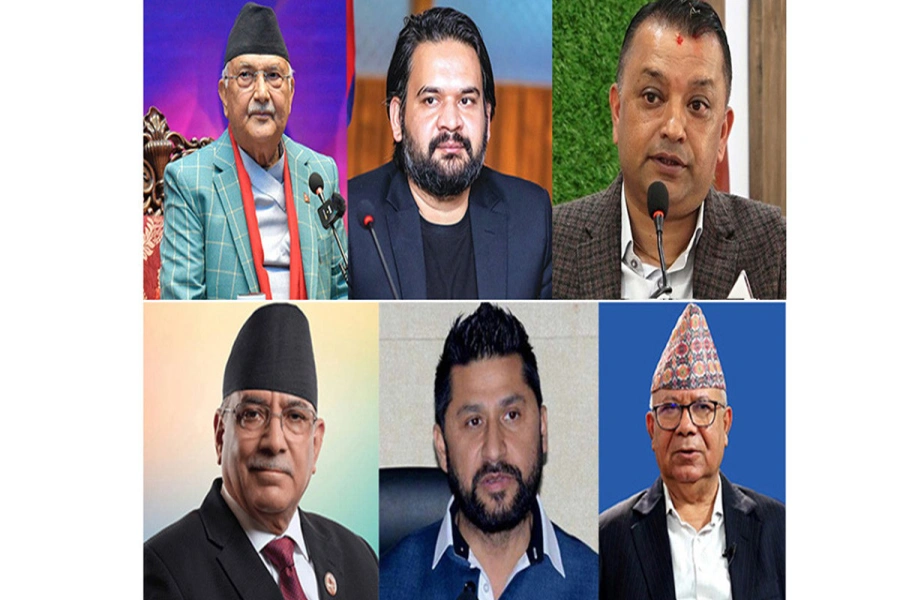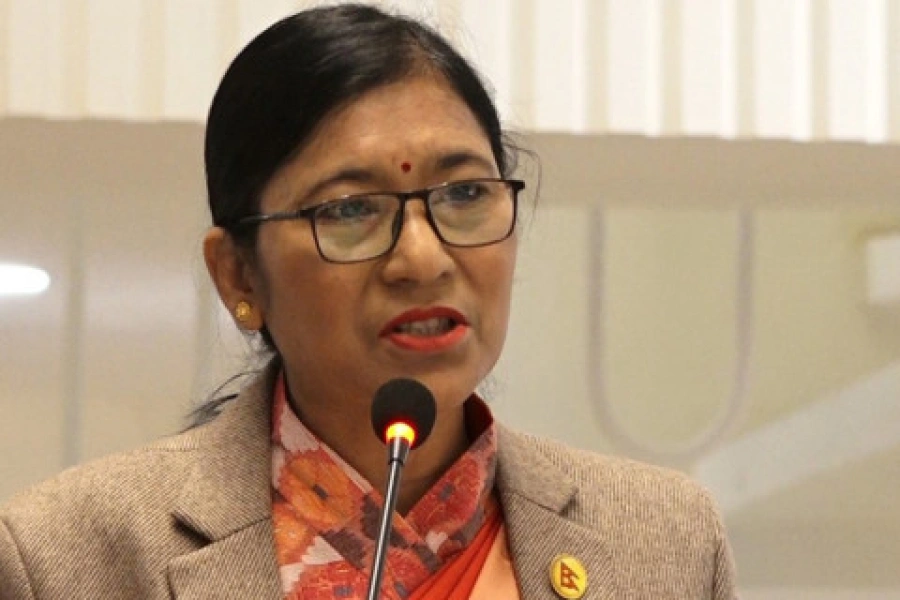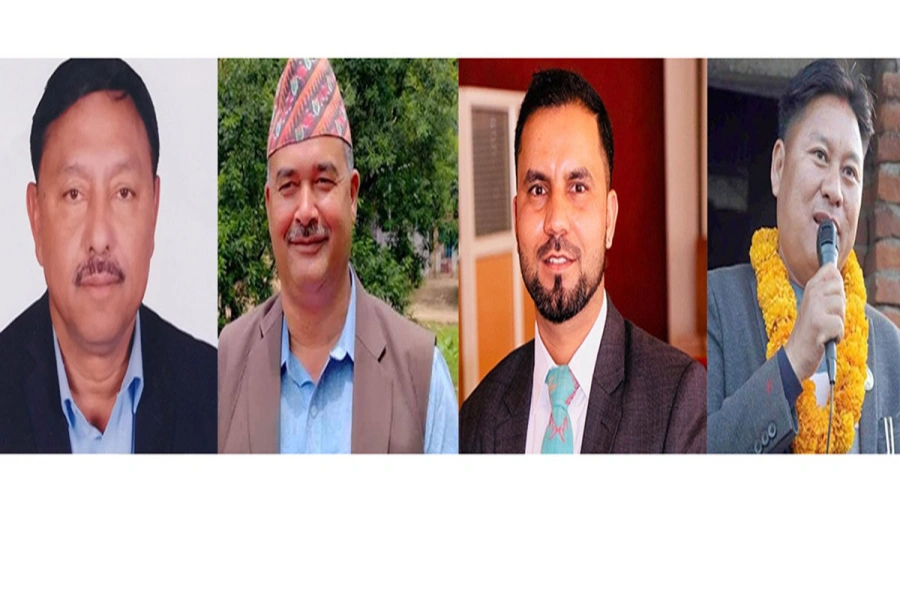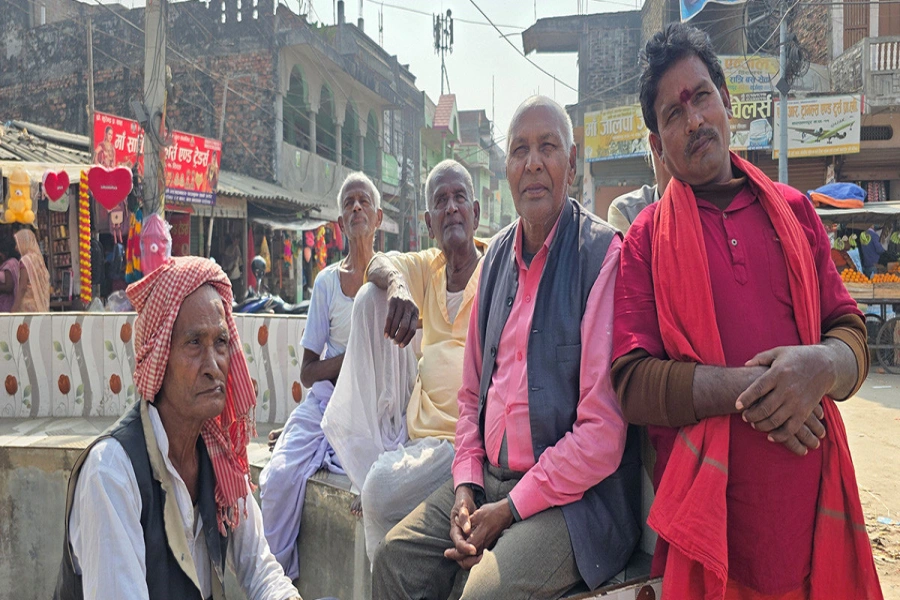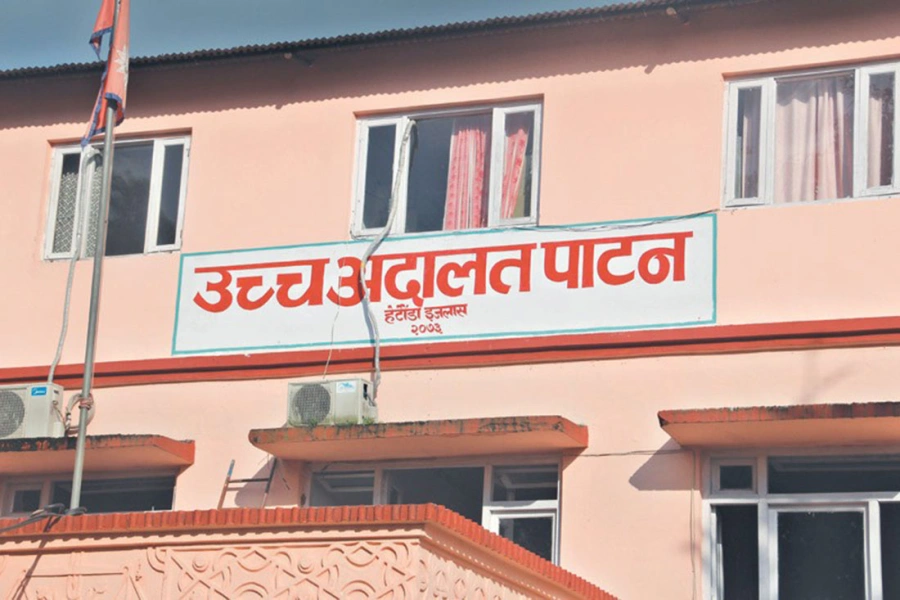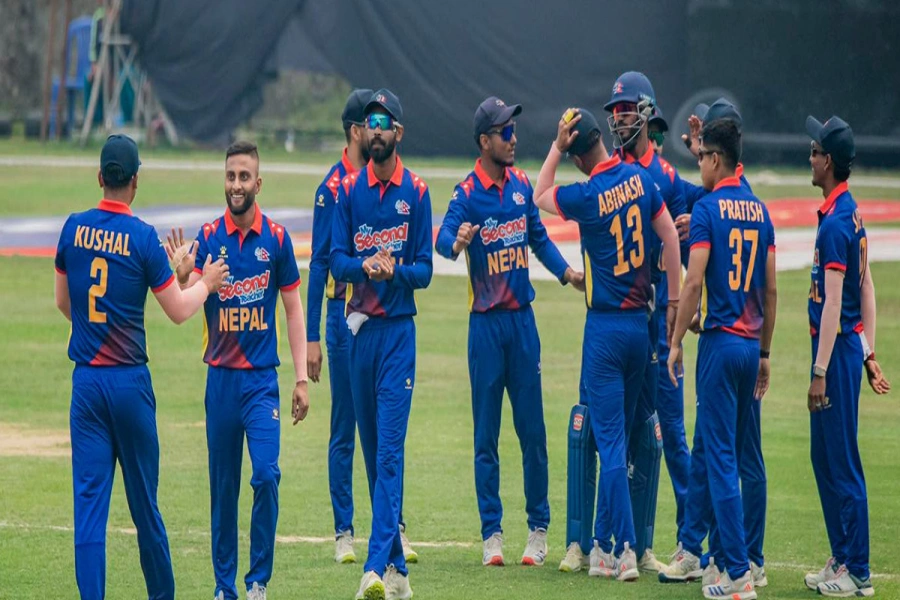KATHMANDU, Feb 22: In a tweet early Friday, the erstwhile Minister for Communication and Information Technology Gokul Prasad Baskota had extended his best wishes to all Hindus on the occasion of Mahashivaratri festival. It was his first tweet after he was forced to tender resignation from the ministerial post Thursday after his controversial audiotape went viral on mass media.
The tweet would have been a regular affair had he not faced such a humiliating exit after the leakage of the audio tape, where he had openly asked for commission worth Rs 700 million from an agent of a Swiss company.
Since his unexpected downfall from the ministerial post, Baskota was trying to regain his composure as if nothing had happened.
Baskota appeared to have thought that his Shivaratri tweet would invite reciprocal wishes from his followers and others and he would be able to heal and get over the audiotape scandal.
Apparently, he sought to normalize the situation and reinforce his political and social presence. But he was wrong in his assumption as his tweet courted a barrage of negative comments, with many of his respondents calling him corrupt and unscrupulous politician.
1 tweet from Rihanna on farmer protests gets India incensed

By 10:15 pm Friday, his tweet had been retweeted 111 times with 1500 likes. Most of the respondents were overwhelmingly critical, with many expressing “Rs 700 millions wishes” that indicated the commission amount he is heard demanding in the leaked audio tape.
“Why do you want to pollute the auspicious festival with your best wishes, former communication minister?” wrote Sushil Karki.
“It is the height of shame that he is still extending best wishes,” replied Dipak in his tweet. Another twitteratti Deep Pokhrel was even harsher in his response. “Now you have turned to religion after all this,” he wrote.
Only a few tweets reciprocated to his best wishes.
It is not his personal tweet that invited such a public wrath against him. The social media outlets were abuzz with naming and shaming the former communications minister, who is known for his sharp tongue and blunt remarks against the media fraternity and often critical against press freedom and freedom of speech.
“Resignation of Gokul Baskota is a revolutionary incident toward Freedom of Speech! Public is thankful for this!! Crook is hooked,” tweets meme Nepal, who has over 20 thousands followers on Twitter.
Experts term the critical response of public as their frustration toward the present government and lack of its ability to deliver on its lofty promises.
“It is the social psychology of the public towards the government,” said Narendra Singh Thagunna, a lecturer of Psychology at Padma Kanya Campus. “Public is deeply frustrated with the political leadership its inability to meet their expectations.”
Echoing Thagunna, political economist Hari Roka argued that public criticisms against Baskota were their attempt to vent their anger against the government for its failure to deliver on its promises.
“The criticisms reflect people’s disenchantment over the dismal performance of the incumbent government,” said Roka.
Referring to the early morning tweet of Baskota, Roka added, “He seems to have made an attempt to downplay the situation. But youths were clearly angry with his disgraceful action.”
Social media are becoming powerful means for youths to vent their anger and frustration as majority of the netizens are young, said an anthropologist at Tribhuvan University, Suresh Dhakal.
“Social media is a political space. Politics happen here as elsewhere,” he said, adding that many take such reactions as entertainment while many others simply follow the crowd.




